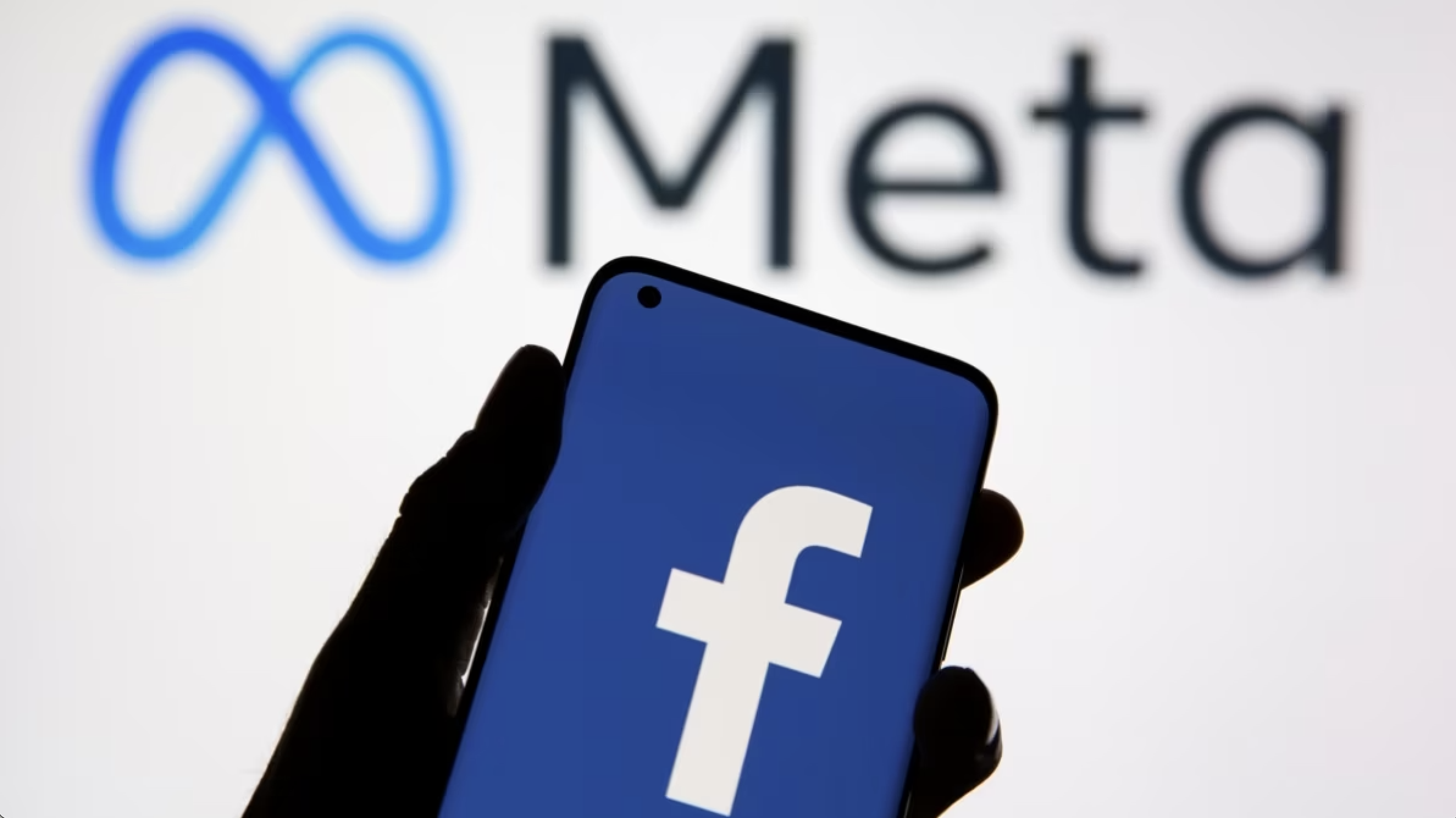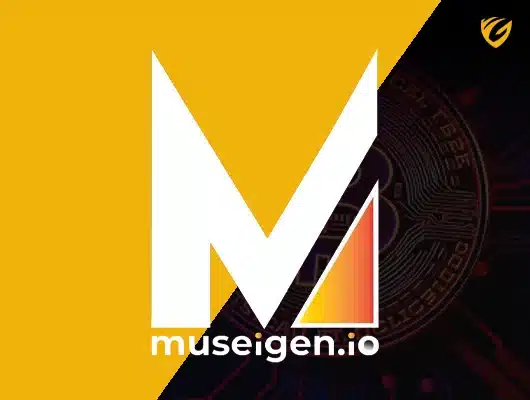Meta Makes a Proposition Regarding AI Openness
The parent company of social media behemoths Facebook and Instagram, Meta, has stated that it would begin labeling artificial intelligence (AI)-generated photographs on its platforms, marking a big step towards openness. The choice was revealed on Tuesday in an interview with ABC’s “Good Morning America” by Nick Clegg, President of Global Affairs at Meta.

Recognizing Content Created by AI
In addition to photos made by OpenAI and Midjourney, Meta’s AI tool will also be subject to the upcoming labels, which should go into effect in the coming months. The purpose of this action is to make it clearer to people where the information that they see on Facebook, Instagram, and Threads originated. Given how difficult it is to distinguish between synthetic and human-created information, Clegg expressed optimism that this endeavor might assist users in doing so.
The Solution Is Not Perfected
But given the volume and intricacy of AI-generated content on Meta’s platforms, Clegg conceded that the labeling system would not be a “perfect solution”. Effectively differentiating between real and artificial intelligence-generated photographs is a difficulty.
Clegg addressed the present incapacity of Meta’s algorithms to recognize AI-generated audio and video content created using third-party platforms in a blog post on Tuesday. Meta intends to address this by launching a tool that lets users voluntarily identify uploaded audio or video content as artificial intelligence (AI) produced. The purpose of this extra degree of openness is to better educate people about the types of content they interact with on the site.
Addressing Current Issues
The decision to mark AI-generated images came as a result of the public outcry over the spread of fraudulent material and the appearance of sexually explicit AI-generated images of pop singer Taylor Swift. Concerned about these occurrences, the White House has urged Congress and tech firms to take action against false information and the non-consensual sharing of private images.
Election-Related Dangers
The recent phony robocall impersonating President Joe Biden’s voice has brought attention to the possible threats AI poses in relation to elections. Clegg stressed the importance of IT businesses ensuring users can tell real from fake online information, especially with the 2024 elections approaching.
In response to apprehensions, Clegg stated that laws governing AI are necessary and emphasized the significance of adequate transparency and stress testing of massive AI models. Although a group of senators from both parties have put out a bill to outlaw misleading artificial intelligence (AI) in political advertisements, Clegg did not specifically indicate that Meta supports the Senate bill but rather that it supports regulatory limits in general.
Prolonged Labeling Period and Its Effect on Industry
Given that there will be important international elections in the upcoming year, Meta plans to keep categorizing AI-generated photos. With more time, Meta will be able to evaluate the success of its initiatives and help create industry best practices.
Meta’s move to mark AI-generated photos is a step in the right direction, as the digital environment struggles with the issues these images offer. Although the corporation is aware of the shortcomings in their approach, it nevertheless wants to safeguard customers from the possible risks involved with synthetic materials while also promoting creative expression. As the technological landscape continues to change, the evolution of these measures will probably have an impact on industry operations.



